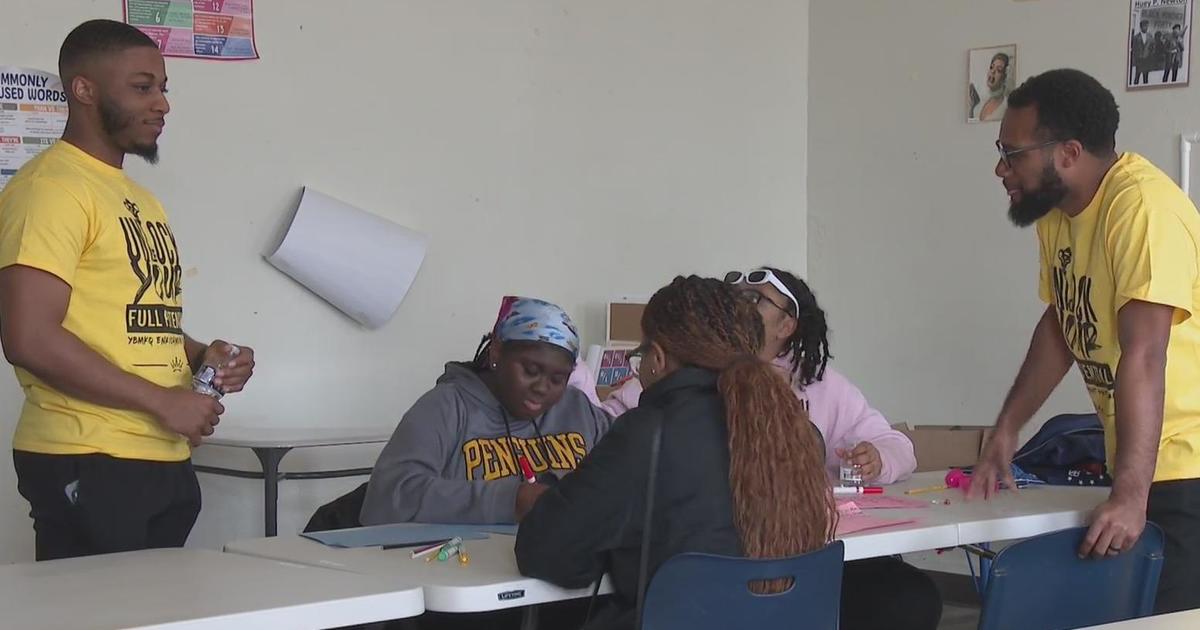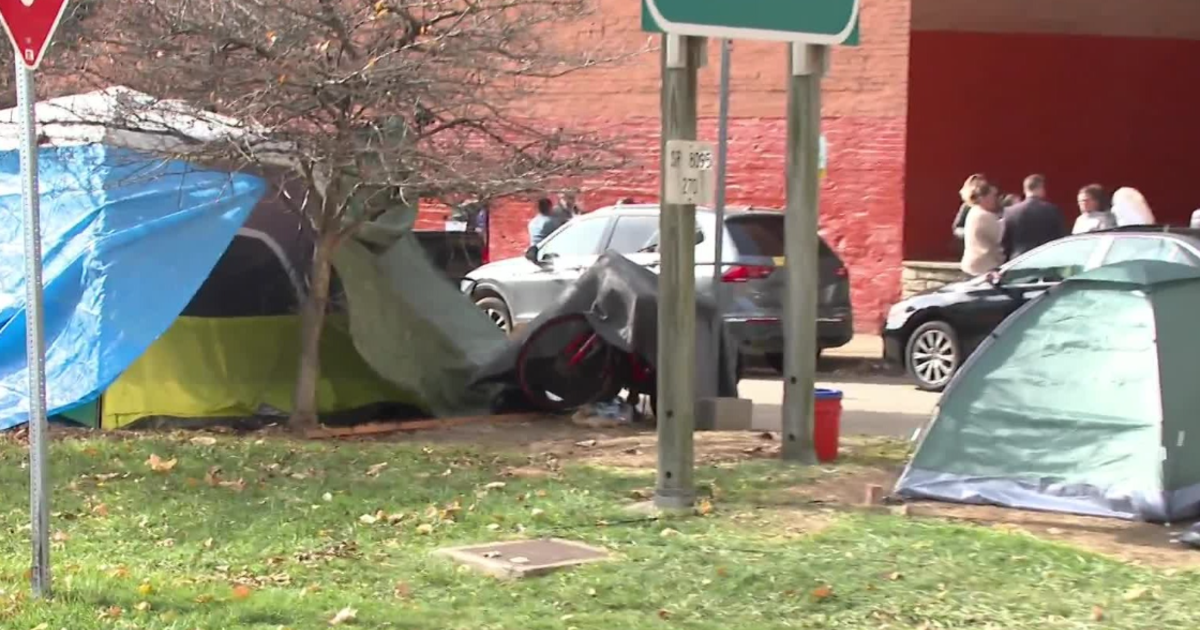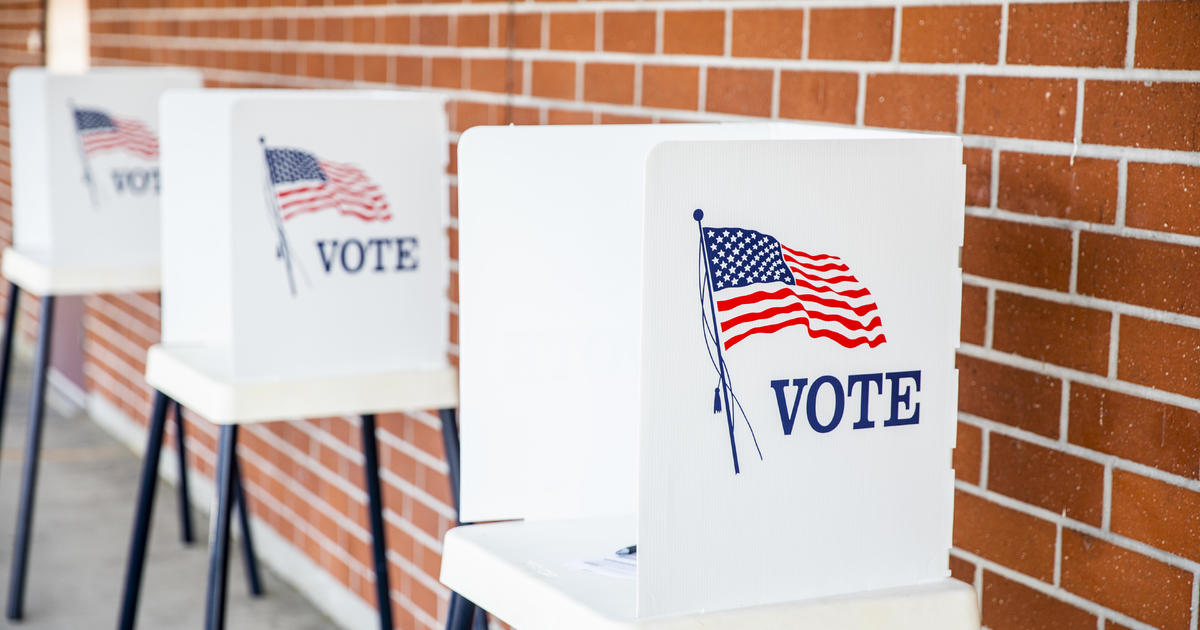Parents, School Districts Facing Difficult Decisions Surrounding Sending Students Back Into Classrooms
PITTSBURGH (KDKA) -- More and more families are raising concerns about the quality of their child's education during this year of COVID-19.
With Pennsylvania's Health Secretary Dr. Rachel Levine encouraging schools to return to in person education, school districts and parents are trying to decide what to do.
Teachers share the parents concern about the level of education that is being accomplished.
Dr. John Kreider is the Superintendent in the Carlynton School District and says the inconsistency is an issue.
Carlynton was able to get the students back into the classrooms in late October but then came the surge "and it had a huge impact on our attendance of both teachers and students, which had an impact on us keeping our keeping our buildings open for our kids. We were at 40 to 50% of our students were attending. So, we want to send out another survey to our parents and to our families to get a little bit of an update as to where we are in the process and where parent comfort level is in regard to sending their children back to school. Ideally I would like to have students back into the building by the week of Martin Luther King Jr. Day, and to get our students back into the classrooms."
Dr. Kreider says there are two schools of thought among the families.
Watch as KDKA's John Shumway reports:
"There are people who are very comfortable sending their kids to school and they want their schools to open, and then there are other parents who would rather have their students stay at home."
What is clear to Dr. Kreider is hybrid teaching has proven to be a challenge.
"Teaching in that hybrid setting where I'm working with 15 students that are in front of me and 15 students that are online creates a challenge for our teachers, and then also for our students learning in both of those capacities. Where you don't get that attention as a student that you really want because you're either at home and the rest of the class is at school or vice versa."
After observing the process for several months, Dr. Kreider says the parents concern is warranted.
"Certainly a concern as far as the learning gaps that are being presented by the pandemic and then back and forth between remote and face to face learning. There's going to be a group of students who did not get the content in that course and they're not prepared to move on to the next level. And that's where we'll have to have summer remediation courses as far as course recovery. Then, I think there's also students who just missed some critical concepts in some of their classes where they were able to get credit for the class, but they weren't able to master everything that was, that was in that curriculum. And so what's very important for us is to be able to put together a program for our kids where they can come back in and they can hit little segments of the curriculum that they missed."
And he says you cannot under estimate the social development damage.
"Being able to learn how to interact, learn how to share, learn how to read body language. Just that learning how to play with and be with other with other kids as well. So, that I think has had a major impact on social learning and social exercises that students have."
Dr. Kreider worries the impact of this COVID-19 School Year won't end when things get back to 'normal.' "I think this year could have substantially long impacts anywhere between, at a minimum two years to a maximum of five years depending on how significant of an impact this has had on students education."
While teachers are watching closely the progress of their students, Dr. Kreider says there is a lot of pressure on parents to be vigilant in keeping a close eye on how their kids are doing.
If they have concerns, they should reach out to the teacher before their child falls further behind.



